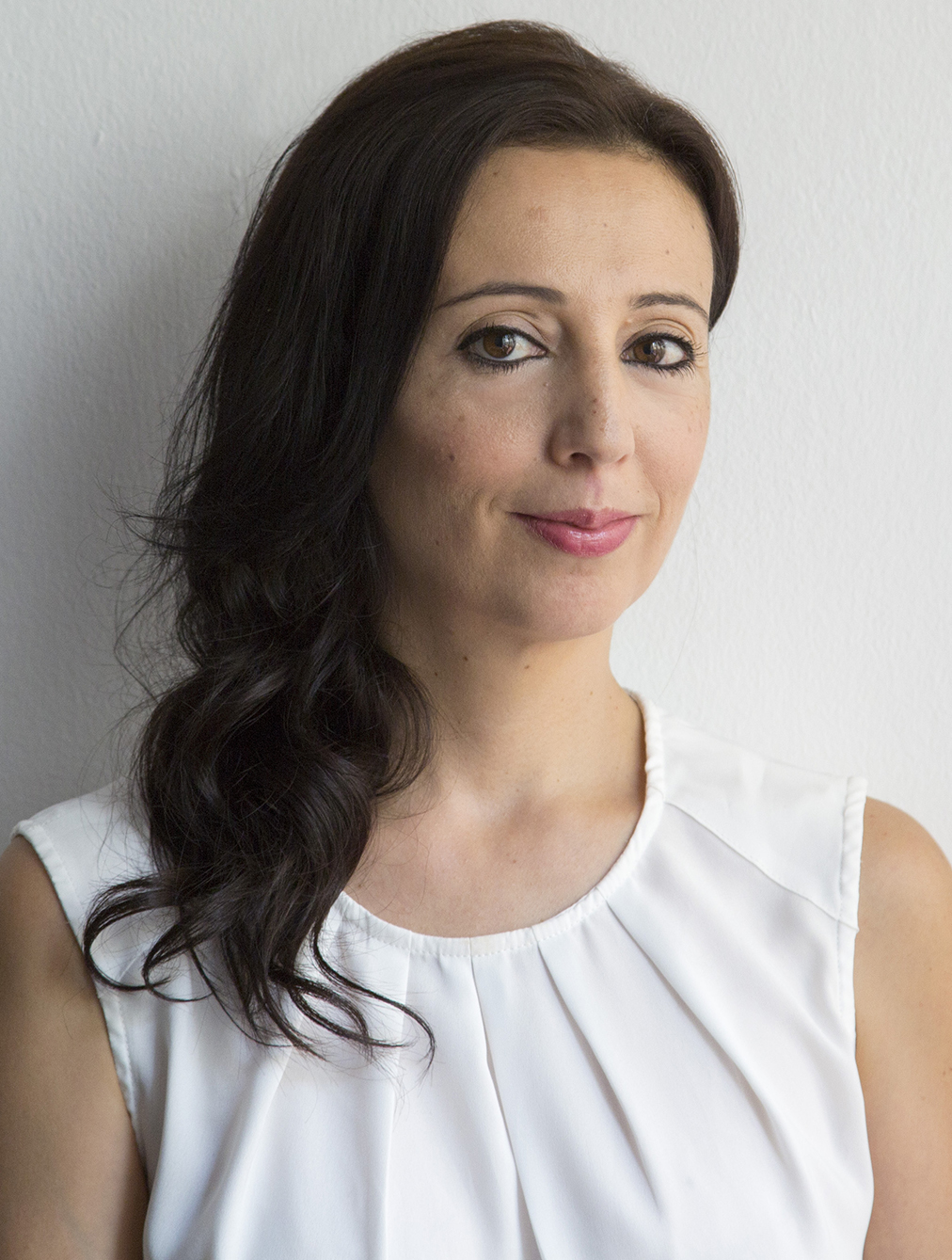
Pagan Kennedy
Contributing writer, "New York Times" Opinion | Author, "The Secret History of the Rape Kit: A True Crime Story"
Award-winning writer Pagan Kennedy explores the science of human imagination as it pertains to innovation and creativity. She unearths commonalities that predict the success of inventors, and theorizes that the skills required for “inventology” can be taught and learned.
Some inventions are the result of purposeful problem solving — like sippy cups to prevent toddlers from spilling juice; or rolling luggage to make travel easier. Some are accidental, discoveries made by people working on something else entirely — for example, while testing heart medications, scientists noted side effects of one in particular and the drug Viagra was born.
In her book, Inventology: How We Dream Up Things That Change The World — "a delightful account of how inventors do what they do" (Kirkus Reviews) — Kennedy reveals the imaginative and practical processes behind groundbreaking innovations across numerous disciplines. From in-depth research and exhaustive interviews, she shows why successful inventors tend to be passionate, polymathic amateurs versus focused professionals working inside their fields. She explores whether serendipitous inspiration can be coaxed, suggests how to raise kids to be resourceful and inventive, and describes what factors beyond the "Aha!" moment are required for successful product development.
It's so much easier for today's inventors to get ideas to market — new technologies such as 3-D printers make products easier and cheaper to prototype. Crowd-sourcing mechanisms provide near-instantaneous market feedback; crowd-funding mechanisms simplify raising capital. Yet, in an age where people "have more inventive tools on their phones than a Bell Labs engineer would have had in the 1960s," there are still persistent barriers to innovation — including gender bias — and Kennedy shines a light on these, as well.
Pagan’s newest book, The Secret History of the Rape Kit, is a thrilling investigation into the invention of the rape kit. It tells the story of the troubled, heroic woman who kicked off a feminist revolution in forensics, and then vanished into obscurity. As Pagan followed a trail of clues to solve the mystery of Marty Goddard, she also delved into the problematic history of forensics in America.
Kennedy's years of science reporting inform her take-aways on innovation, creativity, iconoclasts, and self-invention. Her eleven books include The First Man-Made Man, a study of early 20th Century transsexual Laura (formerly Michael) Dillon, whose desire to feel comfortable in her own skin drove experimentation and led to breakthrough medical technologies. Kennedy's journalism has appeared in dozens of publications including The New York Times Magazine, where she wrote the "Innovation / Who Made That?" column. Pagan's Head, her early 'zine, anticipated today's highly personal, self-produced creative culture. She is a contributing writer for the New York Times Opinion section.
As a Knight Science Journalism Fellow at MIT, Kennedy studied microbiology and neuroengineering, and has won numerous other awards including an NEA fellowship, a Smithsonian fellowship, and two Massachusetts Cultural Council fellowships. She has taught widely, including at Dartmouth College, Boston College, and Johns Hopkins University.
Topics
This speaker does not have any topics yet.
Videos
This speaker does not have any videos yet.
Books
Articles
Podcasts
Testimonials
This speaker does not have any Articles yet.
Related speakers
No related speakers.





























